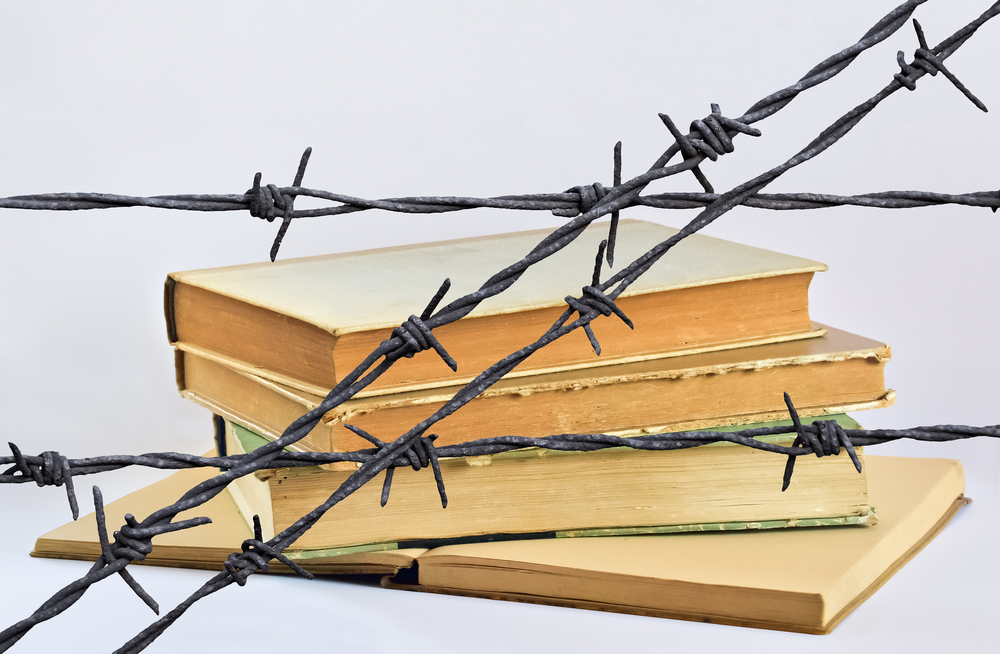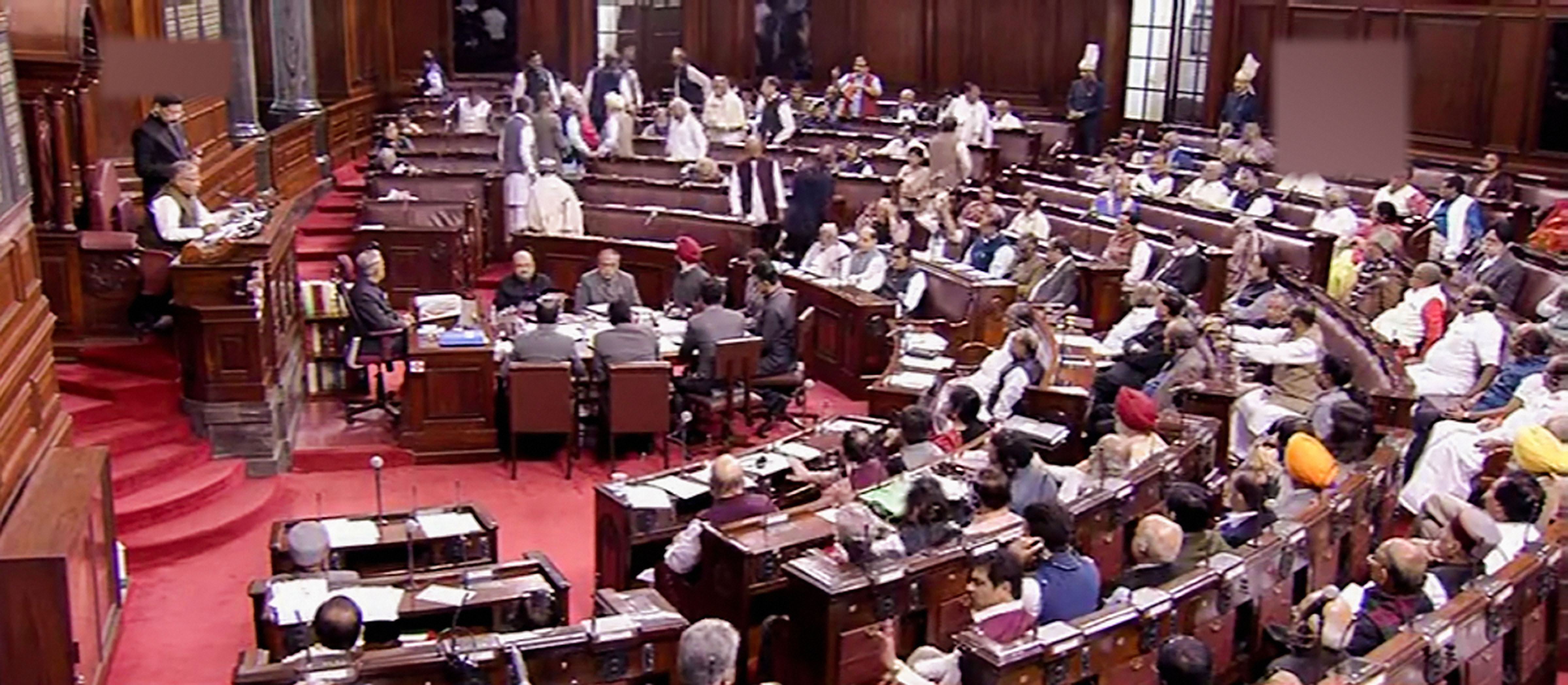It is the rights of citizens that are fundamental, not the restrictions. The importance of this idea in a repressive administration is immeasurable. This reportedly formed part of the ruling by a five-judge Constitution bench of the Supreme Court on the length of time that an accused might be granted anticipatory bail under Section 438 of the Criminal Procedure Code. According to the court, anticipatory bail is ordinarily not for a fixed period but can continue till the end of the trial. If the trial does not prove the accused guilty, pre-trial arrest would have gone against the notion of justice. That arrest without bail should be the exception — with specific reasons in each case — and not the rule is a point that the Supreme Court has emphasized many times. When the Supreme Court granted the former Union finance minister, P. Chidambaram, bail after 106 days in Tihar jail, for example, the court agreed that economic offences are grave but insisted that the granting of bail is the rule and not the exception. Ruling on the length of anticipatory bail, the Constitution bench sharply criticized the arbitrary and heavy-handed practice of arresting citizens to humiliate and harass them in the interests of powerful individuals, not to further investigations. The arrest of teachers, journalists and activists in the Bhima-Koregaon case of 2017 is thought to be a recent example of this.
The Supreme Court’s condemnation of arrests at the drop of a hat and refusal of bail exposes the complicity of the police and other law-enforcing bodies with those in power. Yet it will be surprising if the Indian administration, now barefaced in its repressiveness, pays heed. The practice of pre-trial arrest without bail is far from new: the numbers of undertrial prisoners and a scrutiny of their length of stay would demonstrate this. It would also indicate the sorry ethics of Indian society — most of these prisoners are poor. What has happened since 2014, however, is that this unjust practice has become part of a much larger system of repression — the ‘goli maro’ culture — in which internet can be shut down for months in a whole region and Section 144 imposed in every spot where peaceful protests are planned. The court has spoken when restrictions, not rights, are becoming fundamental.












